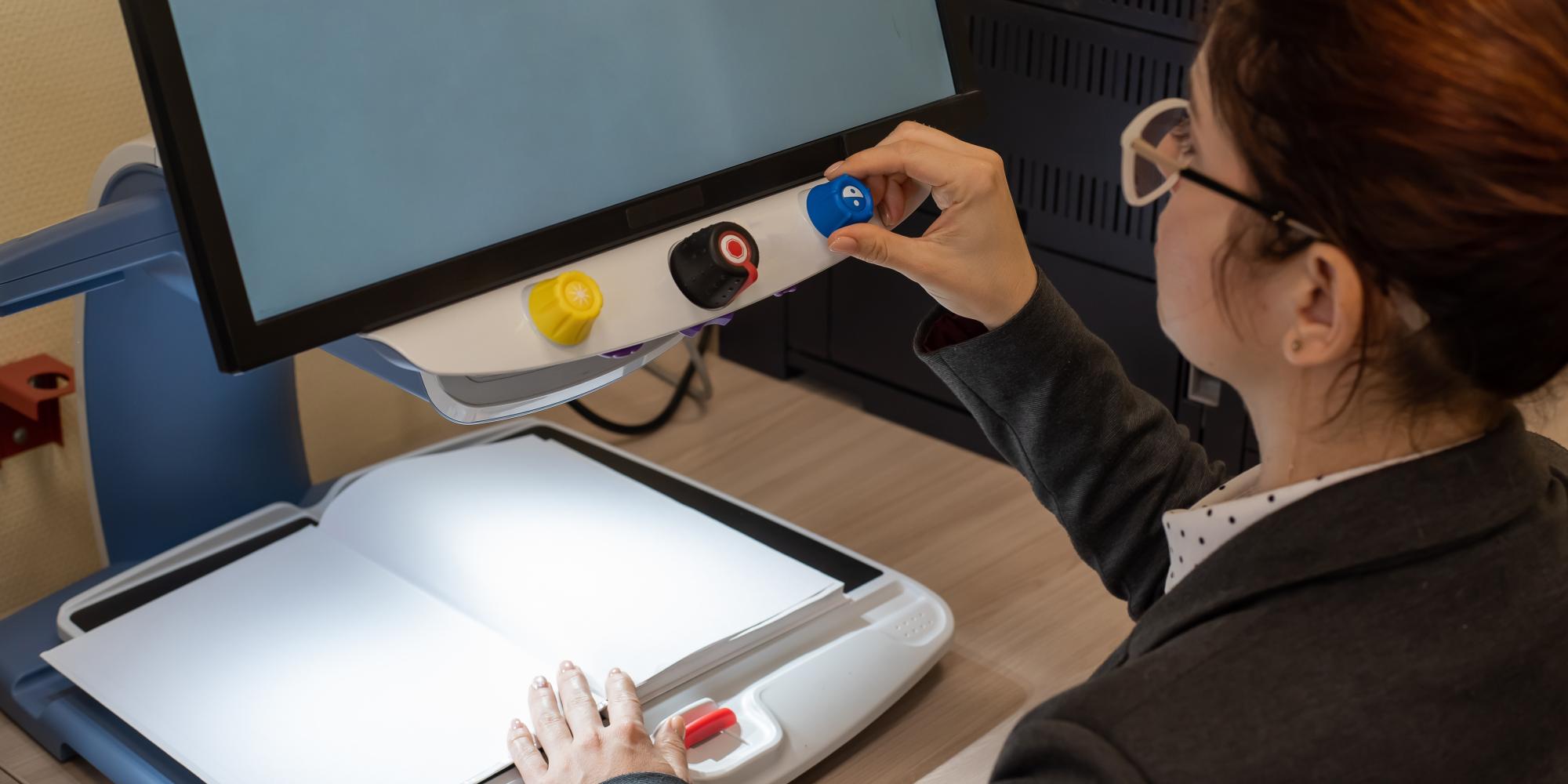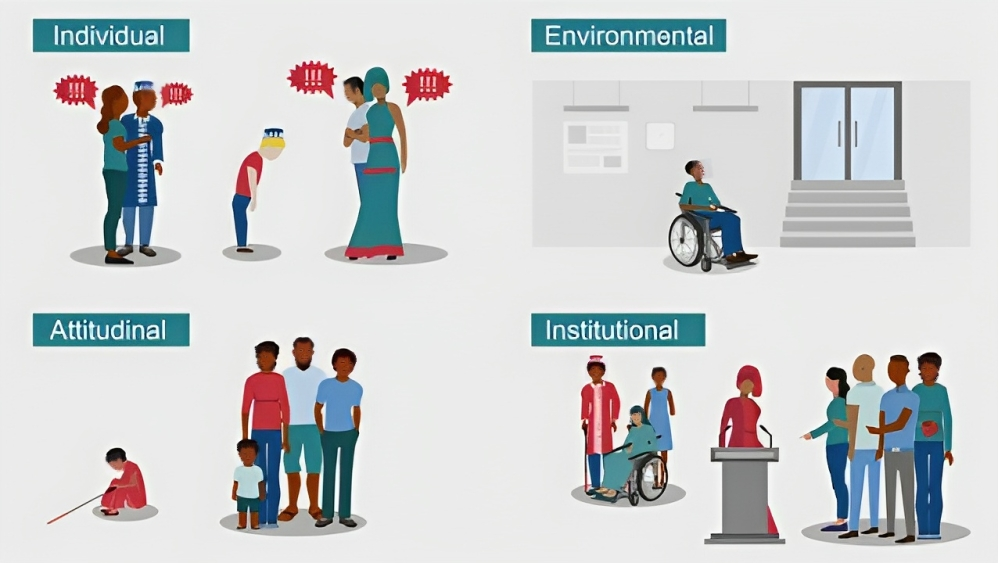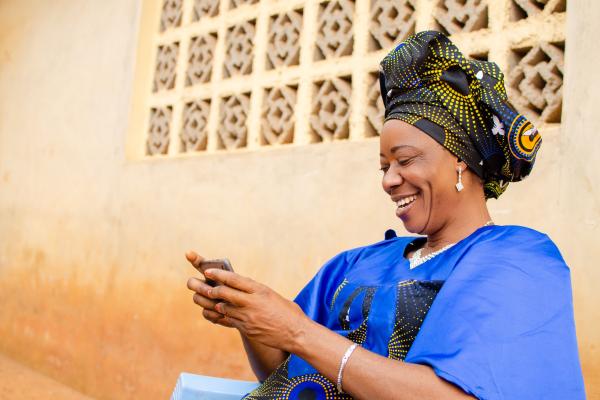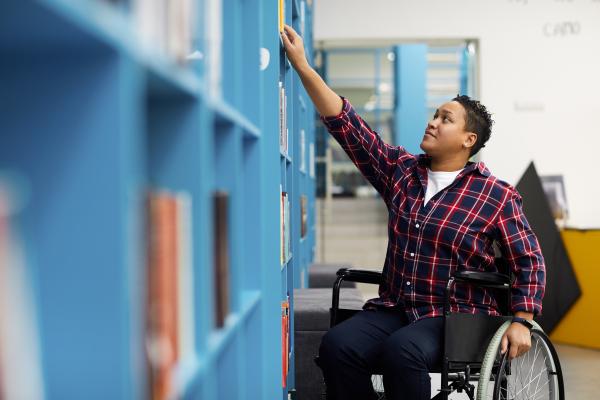Gender Equality, Disability and Social Inclusion (GEDSI) Factsheet – Vietnam
This factsheet offers an overview of GEDSI within Vietnam, with a specific focus on waste management, pollution and health within the agricultural sector.
SDDirect provides research, guidance, and technical support on disability inclusion in all aspects of policy and programming.
We also mainstream disability inclusion throughout our work to promote the ‘leave no one behind’ agenda and the ‘nothing about us, without us’ call from the disability rights movement.

An estimated 1.3 billion people, or 16% of the global population, have a disability. Despite this, people with disabilities have historically been overlooked in development and humanitarian policy and programming. Too often people with disabilities are denied their basic human rights, including access to education, employment and health services. The disability rights movement is advocating for change.
"…disability results from the interaction between persons with impairments and attitudinal and environmental barriers that hinders their full and effective participation in society, on an equal basis with others" - United Nations Convention on the Rights of Persons with Disabilities

SDDirect has extensive experience providing guidance on disability inclusion across sectors. Through the Disability Inclusive Development Helpdesk, we support the generation of a rigorous evidence base on ‘what works’ to deliver results for people with disabilities. The Helpdesk also provides technical and training support to ensure that data and evidence is used to drive further action and investment in disability inclusion.
We promote disability inclusion through our broader work, including our work on gender-based violence, infrastructure, safeguarding, and women’s economic empowerment.
We take a rights-based approach to disability inclusion and apply a gender and intersectionality lens in everything we do. Working with organisations of persons with disability (OPDs) is central to our approach and essential to promote the approach advocated by the disability rights movement: “nothing about us without us”.
We work to promote disability inclusion in our workplace and operations. SDDirect is a Disability Confident Employer, and we have an active Disability Inclusion Working Group that reports to our executive management team.
If you would like to hear more about our work on Disability Inclusion, please reach out to Rebekah Martin, Head of Disability Inclusion portfolio, rebekah.martin@sddirect.org.uk.
This factsheet offers an overview of GEDSI within Vietnam, with a specific focus on waste management, pollution and health within the agricultural sector.
This resource offers a Gender Equality, Disability and Social Inclusion (GEDSI) Analysis that was conducted in Uganda, with a specific focus on waste management, pollution and health w
This annotated bibliography provides short summaries of guidance, tools, research and other types of available materials that can support gender-based violence (GBV) actors to design and implement disability inclusive and participatory programs.
This resource offers practical, experience-based guidance on GEDSI mainstreaming in practice showing how to move from strong analysis to lasting change in policies, systems and programmes.
This query undertakes research on the relationship between disability and organised crime overseas, at a global level. The aim is to identify any existing studies or reports on the topic, explore the impact of organised crime on individuals with disabilities, and assess whether there is further work or research required in this space to address the needs of people with disabilities who experience organised crime (e.g., access to justice and protection).
The aim of this query is to develop a concise and evidence-based Gender Equality, Disability and Social Inclusion (GEDSI) Factsheet for Eswatini that highlights key statistics, challenges, and barriers faced by marginalised groups, using an intersectional lens.
The main purpose of this query was to collect good practice examples from Business Cases and Annual Reviews showing how equity can be incorporated into VfM analysis across a range of contexts in which FCDO works.
This GEDSI analysis examines how prioritising gender equality, disability, and social inclusion (GEDSI) can support poverty reduction, trade and economic development, peace and stability, and climate resilience in Jamaica. It reviews key GEDSI trends and identifies ‘low-cost’ opportunities and entry-points for GEDSI engagement in the country. The analysis is based on a review of published resources, including learning reports, evidence reviews, policy documents, and other analyses.
This query provides an introductory overview of the role and use of AI in Disability Inclusion work globally. It first looks at what evidence, research, and examples exist on the use of AI to support disability inclusion across different sectors, focusing particularly on the fields of education, health, employment, and humanitarian response. It then considers the opportunities created by AI for the inclusion of people with disabilities, before looking at the risks and challenges posed by AI.

